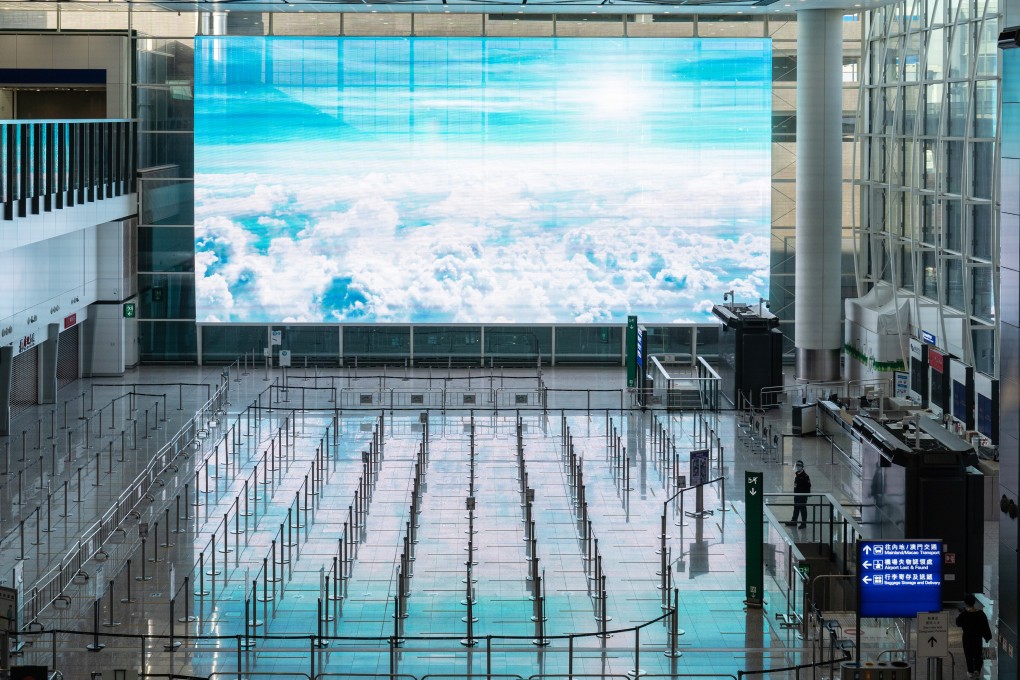Advertisement
Letters | Hong Kong’s travel easing may be too little, too late
- Readers discuss normal travel, open beaches and pools, and racial stereotypes
Reading Time:3 minutes
Why you can trust SCMP
9

Feel strongly about these letters, or any other aspects of the news? Share your views by emailing us your Letter to the Editor at [email protected] or filling in this Google form. Submissions should not exceed 400 words, and must include your full name and address, plus a phone number for verification.
The government is set to allow non-residents to fly into Hong Kong for the first time in two years, after previously halving the compulsory hotel quarantine for returning residents to seven days. This is an excellent announcement. But this city can no longer expect to be the top travel destination it was.
Many countries such as Thailand, Japan and others in the West have been living with Covid-19, and no longer impose stringent pandemic measures. For any foreign visitor, these places are definitely more convenient and tourist-friendly. These destinations include our rival, Singapore, which has attracted entrepreneurs and company offices moving out of Hong Kong, an enormous loss in reputation and talent for us.
Advertisement
Even with Hong Kong’s latest flight policy relaxation, Covid-19 restrictions remain, and people in the industry do not expect many tourists or businesspeople to visit.
Still, I worry about whether the relaxation will trigger a sixth wave of infections. Let us not forget that the fifth wave started with just a few imported cases but quickly spread gloom and doom to all of us in the city.
When will things return to normal and when can we ease all flight restrictions and do away with quarantine altogether? No one knows for now, but we should hope it happens as soon as possible.
Advertisement
Select Voice
Choose your listening speed
Get through articles 2x faster
1.25x
250 WPM
Slow
Average
Fast
1.25x
